Contents
TALES OF THE MARVELLOUS
AND
NEWS OF THE STRANGE
Translated by
MALCOLM C. LYONS
and with an Introduction by
ROBERT IRWIN
PENGUIN CLASSICS
UK | USA | Canada | Ireland | Australia
India | New Zealand | South Africa
Penguin Books is part of the Penguin Random House group of companies whose addresses can be found at global.penguinrandomhouse.com.
This translation first published in Penguin Classics 2014
This edition published in Penguin Classics 2015
Translation copyright Malcolm C. Lyons, 2014
Introduction, Further Reading and Glossary copyright Robert Irwin, 2014
Merchant from Isfahan Flying, from The Wonders of the Creation and the Curiosities of Existence by Zakariyaibn Muhhamed al-Qazwini (gouache on paper) (detail of 158678), Islamic School, (14th century)/Institute of Oriental Studies, St. Petersburg, Russia/Giraudon/Bridgeman Images
All rights reserved
The moral rights of the translator and author of the editorial material have been asserted
ISBN: 978-0-141-39505-0
THE BEGINNING
Let the conversation begin...
Follow the Penguin Twitter.com@penguinukbooks
Keep up-to-date with all our stories YouTube.com/penguinbooks
Pin Penguin Books to your Pinterest
Like Penguin Books on Facebook.com/penguinbooks
Find out more about the author and
discover more stories like this at Penguin.co.uk
PENGUIN  CLASSICS
CLASSICS
TALES OF THE MARVELLOUS
AND
NEWS OF THESTRANGE
MALCOLM C. LYONS is also the translator of the Penguin Classics edition of the complete Arabian Nights. He was Sir Thomas Adamss Professor of Arabic at Cambridge University and is a life fellow of Pembroke College, Cambridge. He is one of the world's leading experts on classical Arabic literature.
ROBERT IRWIN s books include For Lust of Knowing: The Orientalists and Their Enemies, The Middle East in the Middle Ages, The Arabian Nights: A Companion and (as editor) The Penguin Anthology of Classical Arabian Literature. He also introduced and edited the Penguin Classics Arabian Nights.
Introduction
Wonders
Here are wonders and mysteries indeed. The first mystery is the name of this book. The medieval Arabic manuscript which contains Tales of the Marvellous has lost its first page, and consequently the title of this story collection is not known for certain. But the opening lines of its page of contents, after praising Allah and the Prophet and his Companions, boasts that this book contains tales of the marvellous and news of the strange (al-hikayat al-ajiba wal-akhbar al-ghariba). Ajiba is an adjective which means marvellous or amazing, and its cognate plural noun , or marvels, is the term used to designate an important genre of medieval Arabic literature that dealt with all manner of marvels that challenged human understanding, including magic, the realms of the jinn, marvels of the sea, strange fauna and flora, great monuments of the past, automata, hidden treasures, grotesqueries and uncanny coincidences.
There are many instances of the marvellous and the supernatural in the Quran. For example, in the Sura of the Cave (18) the story of the Men of the Cave is cryptically alluded to:
Or dost thou think the Men of the Cave
And Er-Rakeem were among Our signs a wonder?
The Men of the Cave are usually identified with the Seven Sleepers of Ephesus, Christians who took refuge in a cave from persecution at the hands of the Emperor Decius and awoke many years later. (Er-Rakeem is perhaps the name of the dog who accompanied them.) More generally the Quran repeatedly called upon believers to marvel at what God had created as in these lines from the Sura of the All Merciful (55):
He let forth the two seas that meet together,
Between them a barrier they do not overpass.
O which of your Lords bounties will you and you deny?
From them come forth the pearl and the coral.
O which of your Lords bounties will you and you deny?
His too are the ships that run, raised up in the sea like landmarks.
O which of your Lords bounties will you and you deny?
Creation is filled with clear signs for those who will reflect. And, of course, the Quran itself is one of Gods marvels. Extraordinary things were signs of Gods creative power. To marvel at Gods creation was then a pious act.
Marvels featured prominently in both medieval non-fiction and fiction; the literature of the marvels of the sea constituted an important sub-genre of ajaib. For example, the late tenth-century Ajaib al-Hind (Marvels of India), attributed to the sea captain Burzug ibn Shahriyar, presented alleged facts about the Sea of Fire, whales, mermaids, cannibals, cattle-eating snakes, ritual suicides and so forth. In practice, the wonders of the sea also encompassed the wonders of India. Tall stories from the Persian Gulf, Indian Ocean, the Indian subcontinent and the Spice Islands provided entertainment, as well as occasions for pious reflection. Later whole encyclopedias of marvels were to be compiled from shorter works on the subject. The most famous of these was Ajaib al-makhluqat wa gharaib al-mawjudat (Marvellous Things of Creation and Wondrous Things of Existence) by Zakariyya al-Qazwini (d.1283). Such purportedly factual reports were to furnish the basis for the adventures of Sindbad the Sailor and other fictions. The first page of Tales of the Marvellous, in praising God, stated:
His miracles have spread everywhere, his marvellous works on land and by sea, the marvels of his perfect works in every direction and every country, all these attest that the blessed and most high God is One, Eternal, Unique, and Master of All. Consider that, then, ye who know how to see.
Said Son of Hatim al-Bahili explicitly begins as a marvels-of-the-sea story, as the caliph tells his vizier: I want you to bring me an Arab seafarer who can tell me about the wonders and the perils of the sea and to do it now. It may be that this will cure my sleeplessness. (But this story soon changes into quite a different yet still marvellous , where he encounters an idol worshipper who tells him: I am a man who searches for wonders and marvels just as you do. The Talisman Mountain, which features in the story of that name in this collection, is a variant on the fateful Magnetic Mountain that appears in mariners yarns and in The Thousand and One Nights as the Story of the Third Dervish.
In the Sindbad stories (which Antoine Galland translated from a separate Arabic manuscript but which he probably also knew from a seventeenth-century Turkish manuscript of

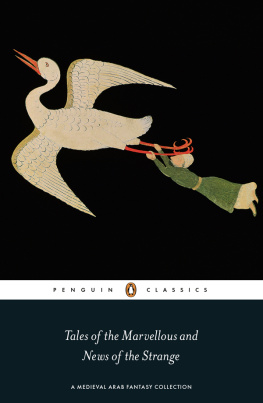
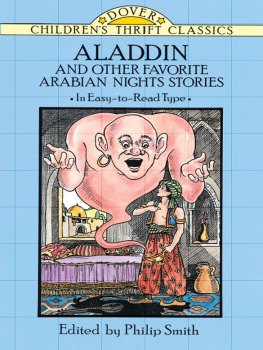

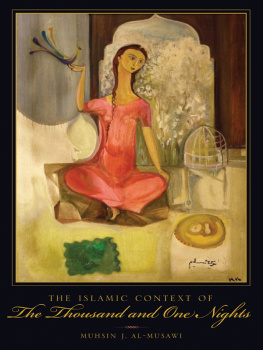
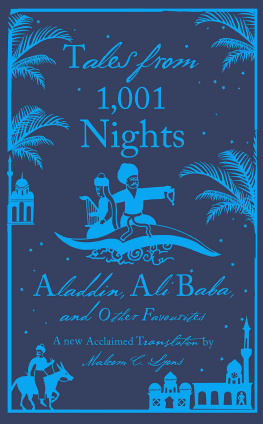
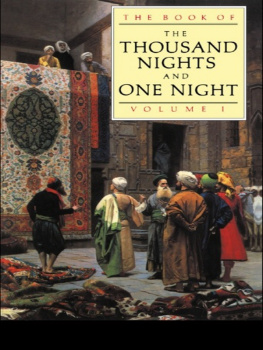
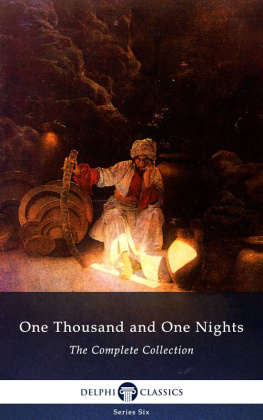
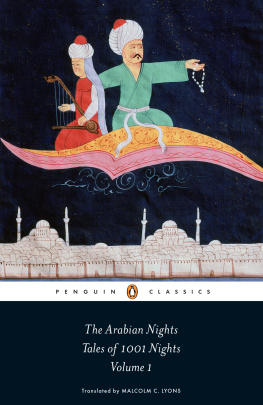
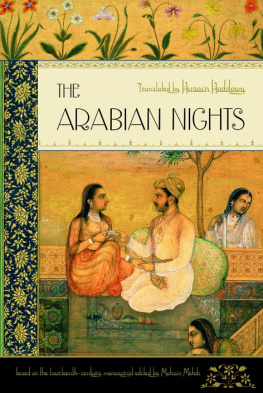
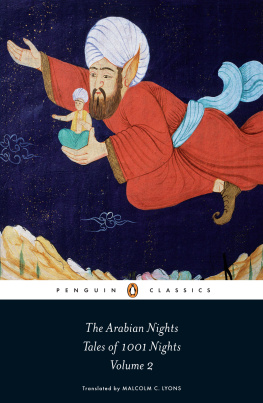
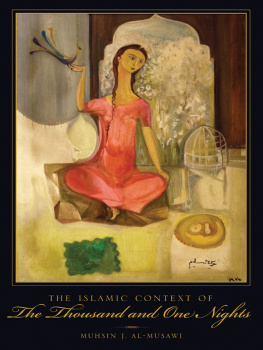
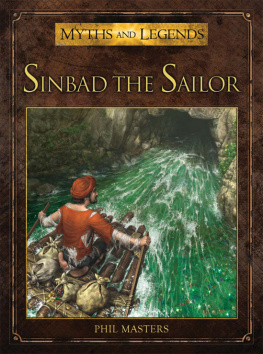
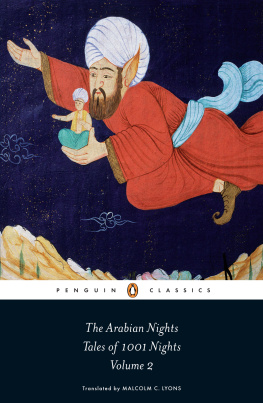





 CLASSICS
CLASSICS